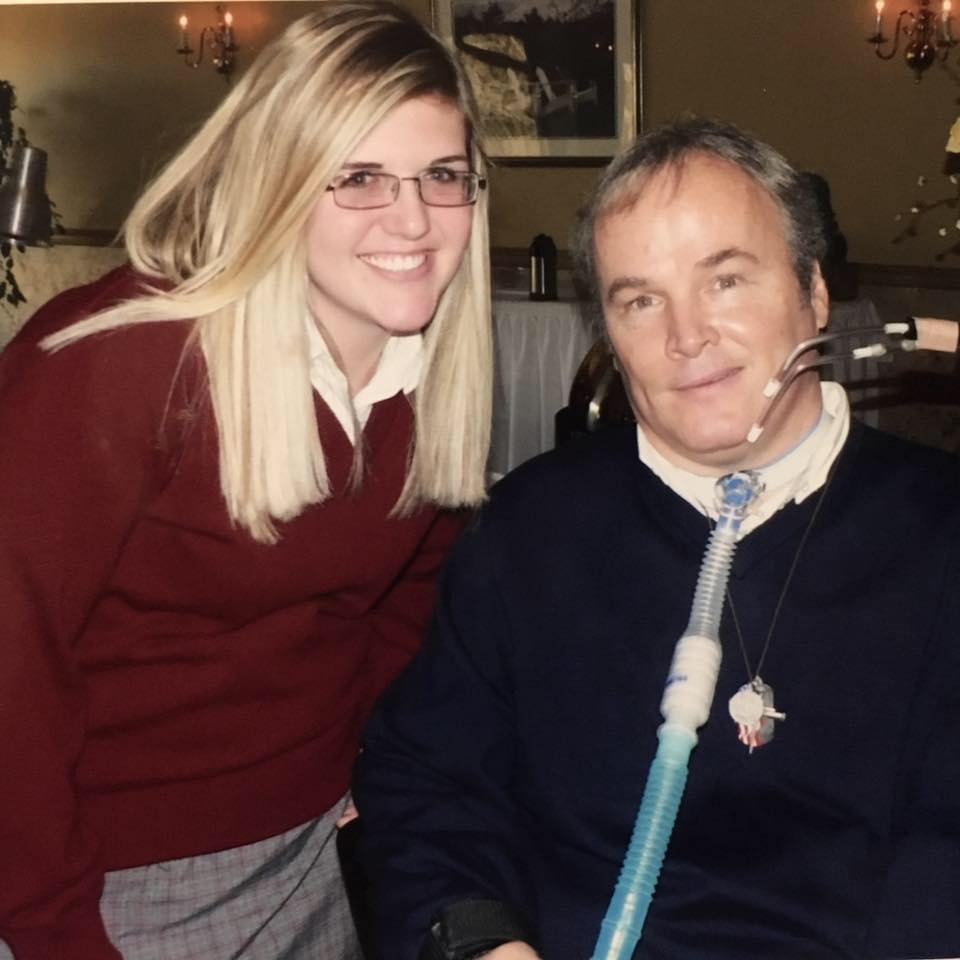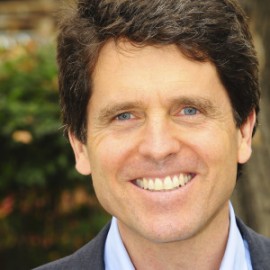The following column was written by The Christophers’ Jerry Costello:
You’d think that Howard Schultz had more than enough to do, running a big company the size of Starbucks. After all, satisfying the cravings of millions of coffee drinkers across America can’t be the easiest thing going. But with it all, Schultz, CEO of the Starbucks empire, has written a book—a good book, one that’s making its presence felt on the best-seller charts. It’s called “For Love of Country,” and it’s about the men and women who’ve distinguished themselves by serving in the armed forces of the U.S. It’s all but guaranteed to raise your patriotism level, and it might just change the way you think about this country.
Schultz is no dreamy-eyed escapist. In one section of his book he writes some hard-hitting tales about men and women who’ve faced the rigors of life in the military, and of how they’re faring now. In a second part of “For Love of Country,” he issues a plea to his fellow industrialists and other potential bosses: hire a veteran now. He insists that they deserve a break, but there’s much more than sympathy at stake here. Their military experience gives them the background for just about any opening, he argues. “Serving in the military qualifies someone to be more than a security guard,” he says.
Schultz tracks the careers of a few former military people—including that of former Col. David Oclander, a West Pointer who served two tours in Iraq and one in Afghanistan and now teaches English in a Chicago charter high school. His students come from rough backgrounds and there’s a high dropout rate—but Oclander’s imaginative approach to teaching and a winning personal style have kept his kids in the classroom, and even inspired one to plan an officer’s career by enrolling at the military academy himself. Significantly, that student wants to emulate Oclander when his Army career is through by finding a way “to keep serving my country.”
The author uses his stories to make the broader point that giving veterans a job makes good business sense.
Schultz begins by describing the way one-time service members and their families have sacrificed so much time together, and reminds readers of another risk, this one deadlier: “Many spent their tours in Iraq and Afghanistan under the constant threat of getting blown up.”
Thanks is one thing, he says; offering an opportunity to earn a living is another.
“If you are an employer,” Schultz writes, “give veterans a fair shake. They don’t want your pity or a handout. What they deserve, however, is genuine understanding and appreciation of the skills they’ve gleaned.”
Schultz took another sentence or two to hammer his point home.
“Veterans come with a can-do spirit. Many possess leadership and decision-making skills that exceed that of civilians two decades their senior. They know how to follow orders, but also how to exercise initiative.”
And the Starbucks chief turned author had one more bit of advice for his executive audience: “Hiring veterans isn’t charity,” he wrote. “It’s good business.”












